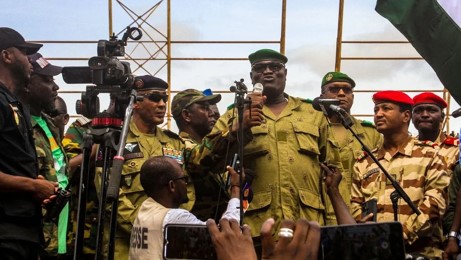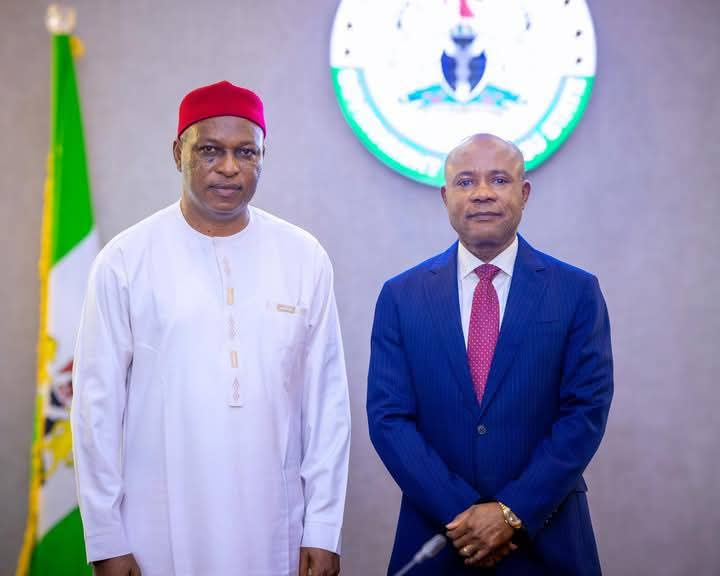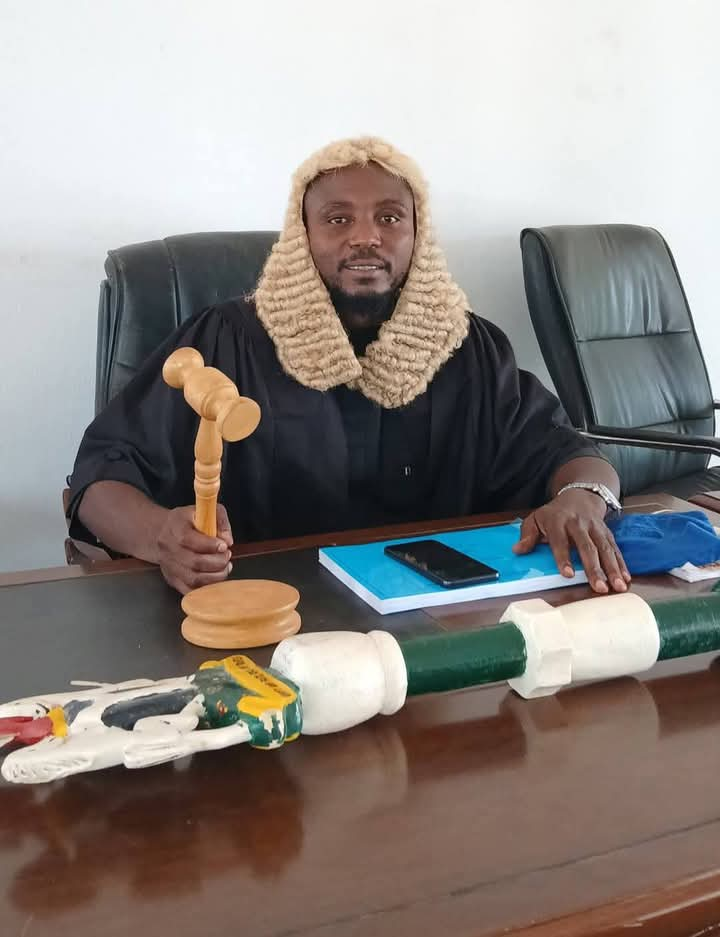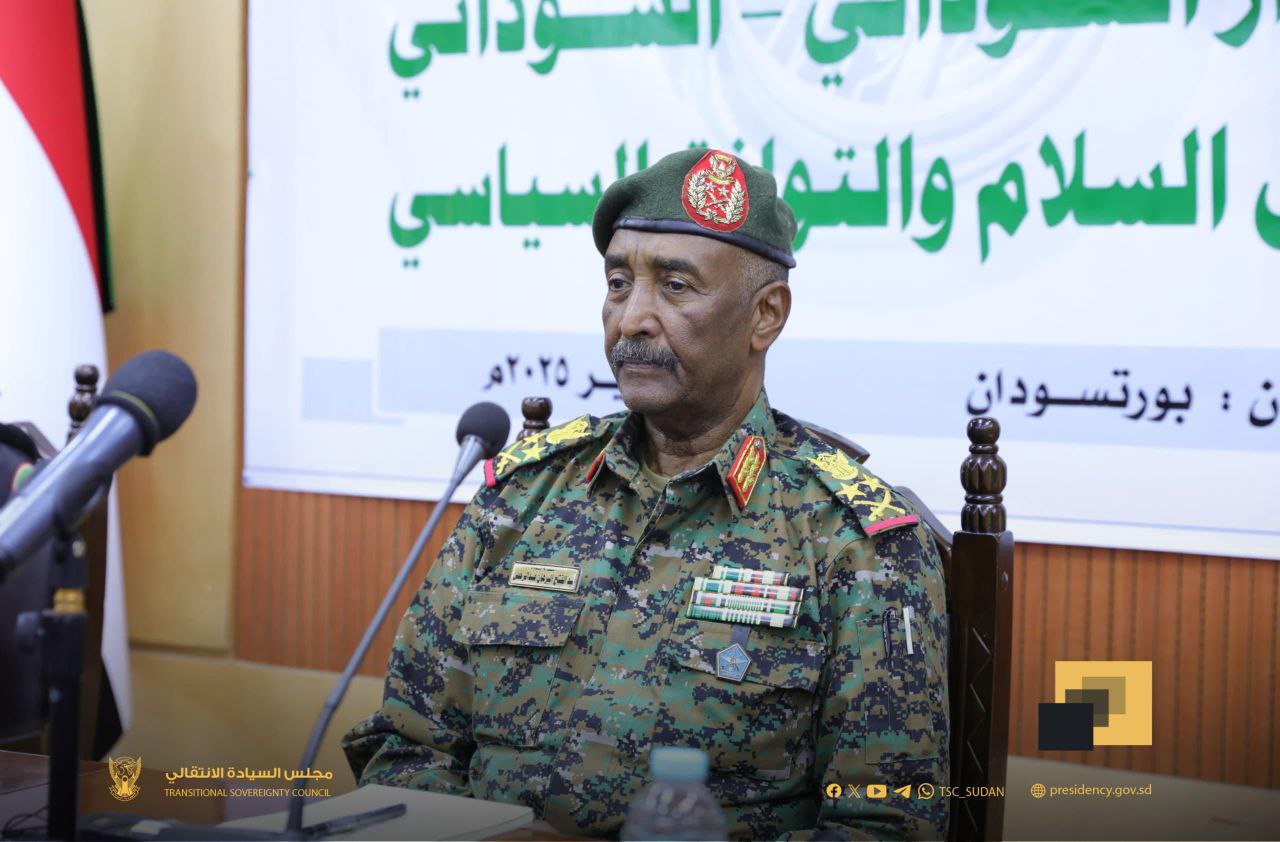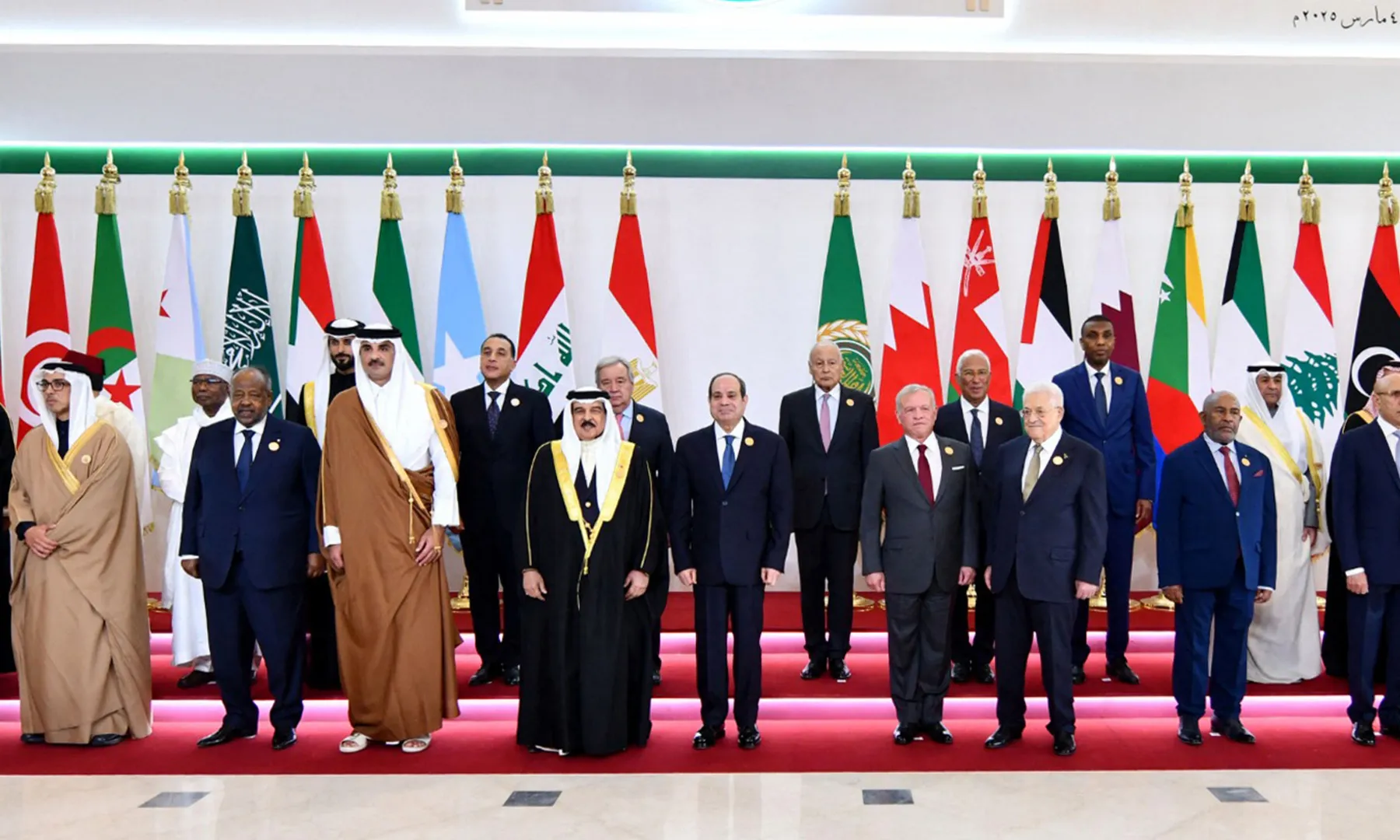In a recent development, the self-declared leader of Niger Republic, Abdourahmane Tiani, announced the junta’s commitment to reestablishing civilian rule within a three-year timeframe.
The declaration was made in a televised address late Saturday night, marking a significant step in addressing the political crisis that followed the recent coup.
In his address, Tiani conveyed that the principles and specifics of the transition plan would be outlined in the next 30 days through a dialogue facilitated by the junta.
While Tiani emphasized the junta’s intent to relinquish power and return governance to elected civilian leaders, he also urged political parties to contribute their perspectives on the transition process.
Tiani’s speech also touched on the regional context, specifically addressing the Economic Community of West African States (ECOWAS). He accused ECOWAS of planning to deploy an occupying army in collaboration with foreign forces to attack Niger.
He decried the sanctions imposed by the regional bloc, branding them as “illegal” and “inhuman.” Tiani clarified that Niger seeks peaceful resolutions but stands prepared to defend itself if necessary.
Expressing his willingness to engage in dialogue, Tiani affirmed the importance of a process that respects the aspirations of Niger’s citizens. Simultaneously, he cautioned against external intervention, warning that it could potentially lead to unintended consequences.
The junta’s commitment to restoring civilian rule comes amidst diplomatic efforts by ECOWAS to address the crisis in Niger.
Notably, a high-level ECOWAS delegation, which included figures such as Abdulsalami Abubakar, the former Nigerian head of state, and Omar Touray, the ECOWAS commission president, engaged with both the country’s prime minister and the deposed President Mohamed Bazoum.
The discussions aimed at facilitating a resolution to the ongoing political turmoil in the country.
Abdulsalami Abubakar, following the meeting with Bazoum, expressed hope that the dialogue could lay the groundwork for a pathway to resolve the crisis.
However, while ECOWAS defense chiefs have previously signaled readiness for potential intervention, the regional security council continues to emphasize diplomatic solutions in dealing with the situation in Niger.
As the junta commits to a three-year transition plan and engages with regional and international partners, the future trajectory of Niger’s political landscape remains a subject of intense scrutiny. The delicate balance between internal transition and external dynamics will play a crucial role in determining the nation’s path toward stability and civilian governance.
